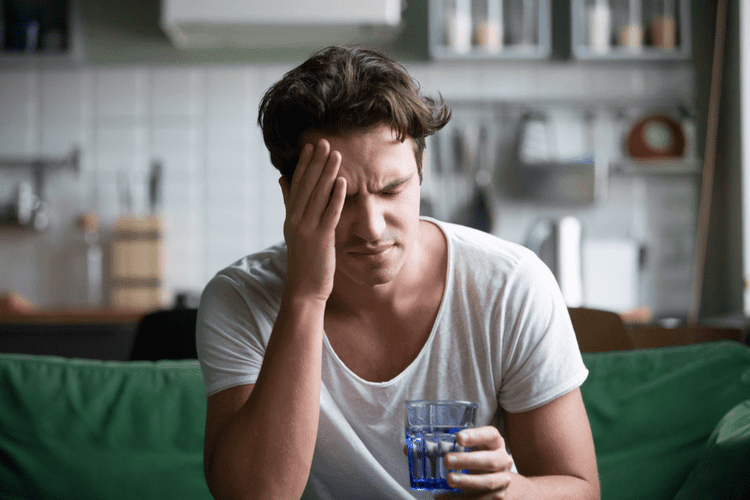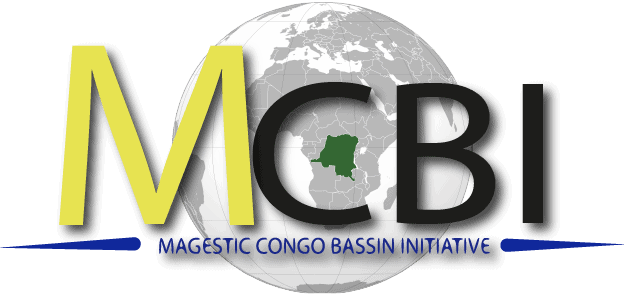Relapse prevention plan: Tips for recovery
When it comes to choosing an effective drug abuse treatment program, it is important to find a facility that provides its patients with a full continuum of care. Having a comprehensive treatment plan that includes relapse prevention is important since recovery doesn’t end when you leave your substance use treatment program. Together with a licensed professional, you will develop a treatment plan that is individualized to your needs and is monitored throughout your time in treatment. Relapse doesn’t happen immediately; rather, it is a gradual process that is different for each person. The process of relapse starts weeks and even months before you consume alcohol or ingest drugs into your system.3 Relapse occurs in three stages that include emotional, mental, and physical.
- The phrase “cravings” is used to refer to the feeling someone has when they wish to use again.
- Countless individuals lose their employment, families, freedom, and even lives as a consequence of relapses.
Therefore, during the recovery process, a person should focus on building healthy coping mechanisms for managing stress or relaxing. Today, you will gain a deeper understanding of what relapse is, including different stages of relapse, causes and warning signs, relapse prevention strategies, and where you can find help after an alcohol relapse. Long-term solutions for managing relapse are about preventing relapse as much as possible. The following strategies have been effective for people who are dependent on alcohol or another drug in helping to reduce the risks of relapse on the road to recovery.
Create an Action Plan
But their emotions and behaviors are setting them up for relapse down the road. Because clients are not consciously thinking about using during this stage, denial is a big part of emotional relapse. I have also included a link to a public service video on relapse prevention that contains many of the ideas in this article and that is freely available to individuals and institutions [5]. By the time most individuals seek help, they have already tried to quit on their own and they are looking for a better solution.
Why do so many drug and alcohol addicts relapse? The answers are complex – The Guardian
Why do so many drug and alcohol addicts relapse? The answers are complex.
Posted: Mon, 12 Dec 2022 08:00:00 GMT [source]
It is remarkable how many people have relapsed this way 5, 10, or 15 years after recovery. A missing piece of the puzzle for many clients is understanding the difference between selfishness and self-care. Clinical experience has shown that addicted individuals typically take less than they need, and, as a result, https://ecosoberhouse.com/ they become exhausted or resentful and turn to their addiction to relax or escape. Part of challenging addictive thinking is to encourage clients to see that they cannot be good to others if they are first not good to themselves. Despite its importance, self-care is one of the most overlooked aspects of recovery.
How to Manage Stress & Avoid Relapse
Be open-minded to the advice people give, and the help being offered. For example, you might not feel like going to a group session at that moment, but it could be really positive in the long run. It’s important to take part in activities and surround yourself with supportive people, rather than spending time alone.

This article offers a practical approach to relapse prevention that works well in both individual and group therapy. This blog explores relapse prevention, strategies for avoiding triggers, and coping mechanisms to manage urges of repeat negative habits. alcohol relapse rate A person may find it helps to remember the negative emotions or physical sensations they felt when using drugs or alcohol. Remembering the negative effects using had on aspects of their life, such as their relationships, work, or studying, may also help.
Understanding and Avoiding Triggers
Specifically, RP was most effective when applied to alcohol or polysubstance use disorders, combined with the adjunctive use of medication, and when evaluated immediately following treatment. Moderation analyses suggested that RP was consistently efficacious across treatment modalities (individual vs. group) and settings (inpatient vs. outpatient)22. Miller and Hester reviewed more than 500 alcoholism outcome studies and reported that more than 75% of subjects relapsed within 1 year of treatment1. A study published by Hunt and colleagues demonstrated that nicotine, heroin, and alcohol produced highly similar rates of relapse over a one-year period, in the range of 80-95%2.
- Such results are unlikely outside of observed therapy due to frequent discontinuation.
- A number of less obvious factors also influence the relapse process.
- If a person has ongoing emotional, physical and/or mental health issues, they may need to use additional strategies to help their recovery and prevent relapse.
- Providers need to emphasize that occasional thoughts of using or cravings are a common part of recovery so they can help the patient equip themselves with the skills needed to work through these challenges.
MBRP aims to increase your acceptance and tolerance of your physical, emotional, and mental states. This will decrease your need to use substances again to feel comfortable. Cognitive behavioral skills refer to your ability to recognize thought patterns influencing your emotions and determining your behavior. Whether you or a loved one are experiencing challenges controlling their addictive behaviors, the road toward rebuilding self-control can be overwhelming.
